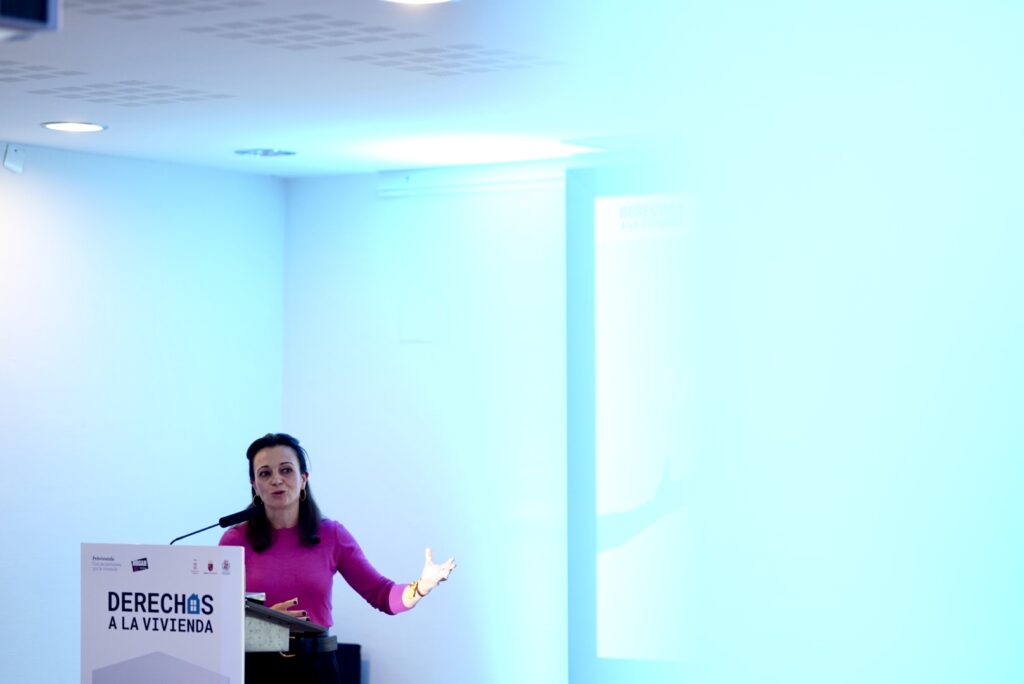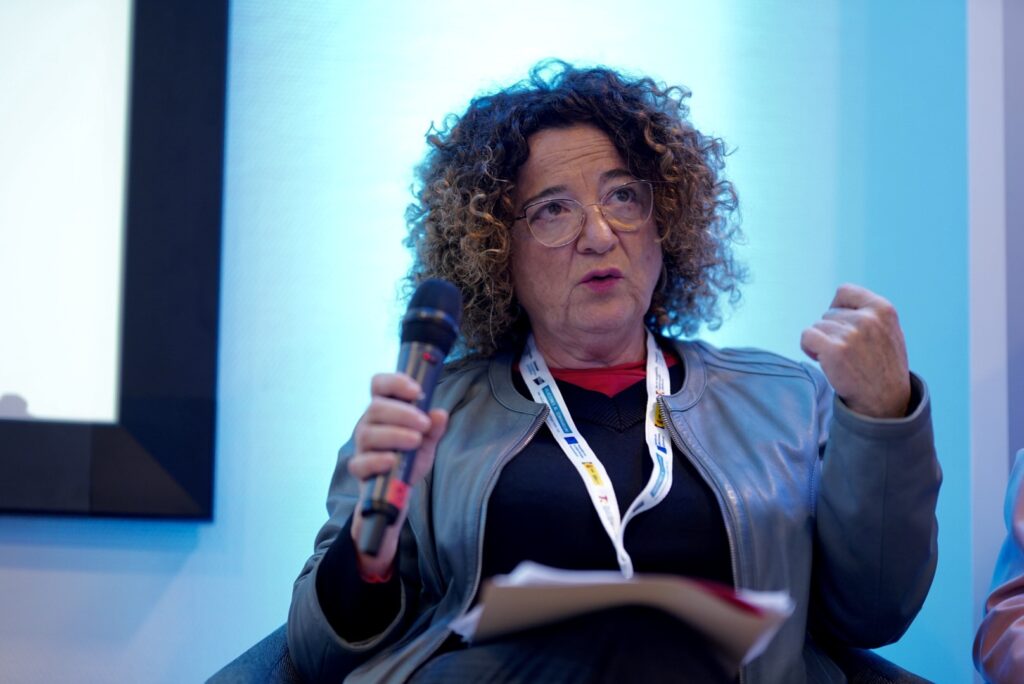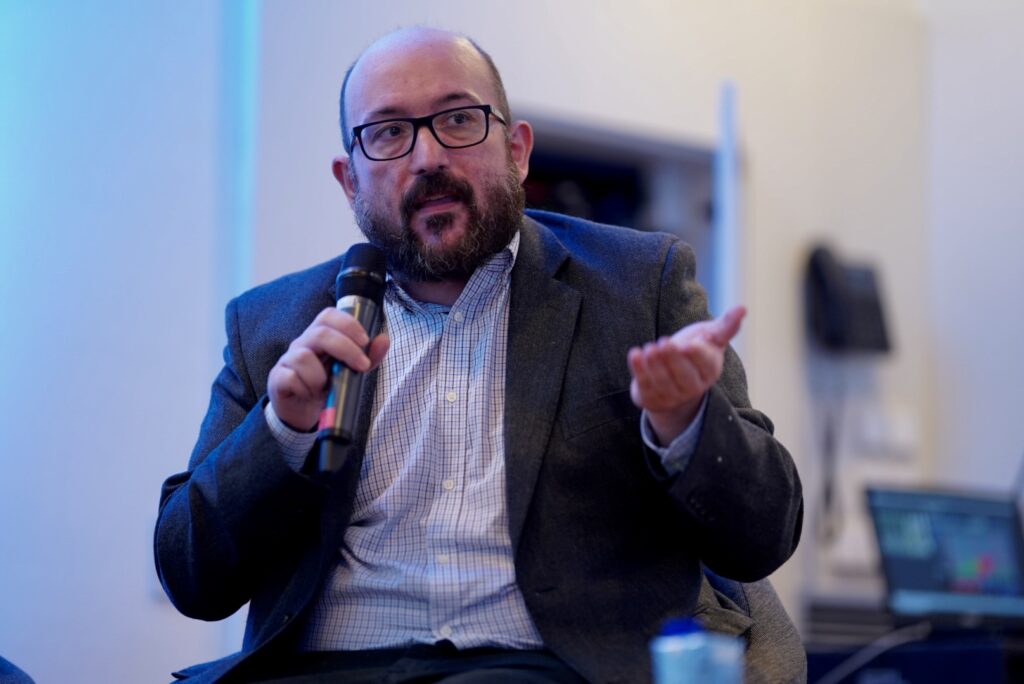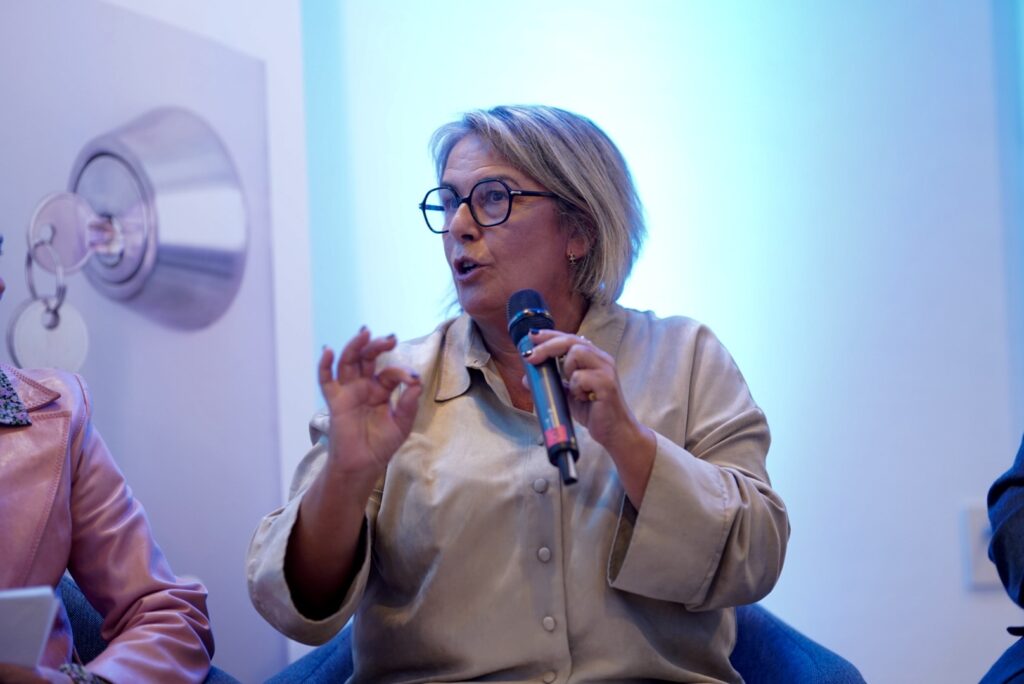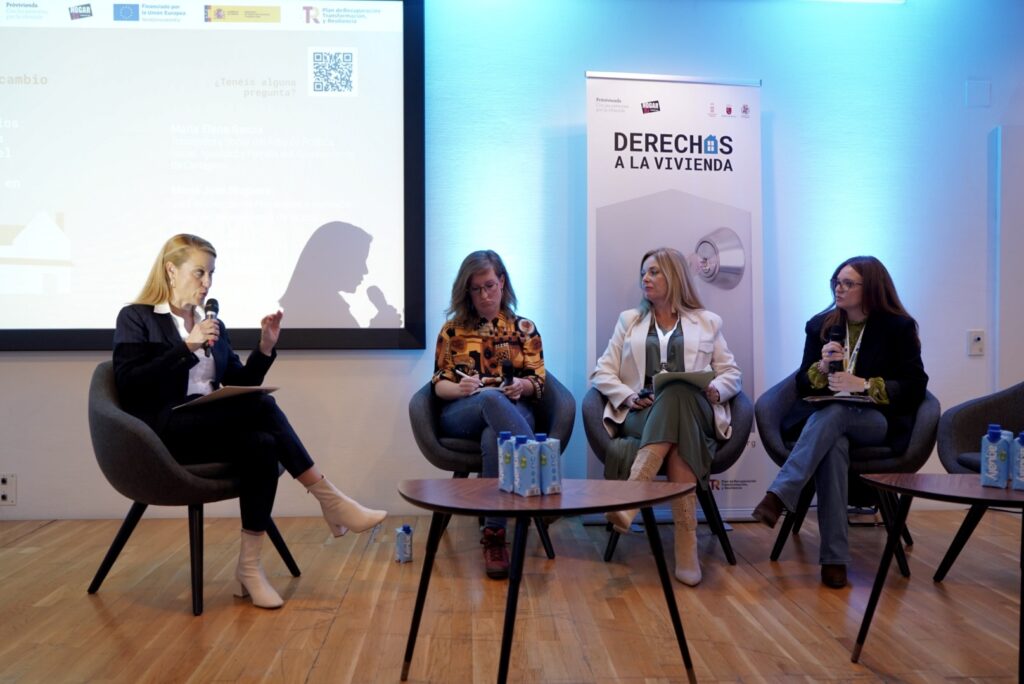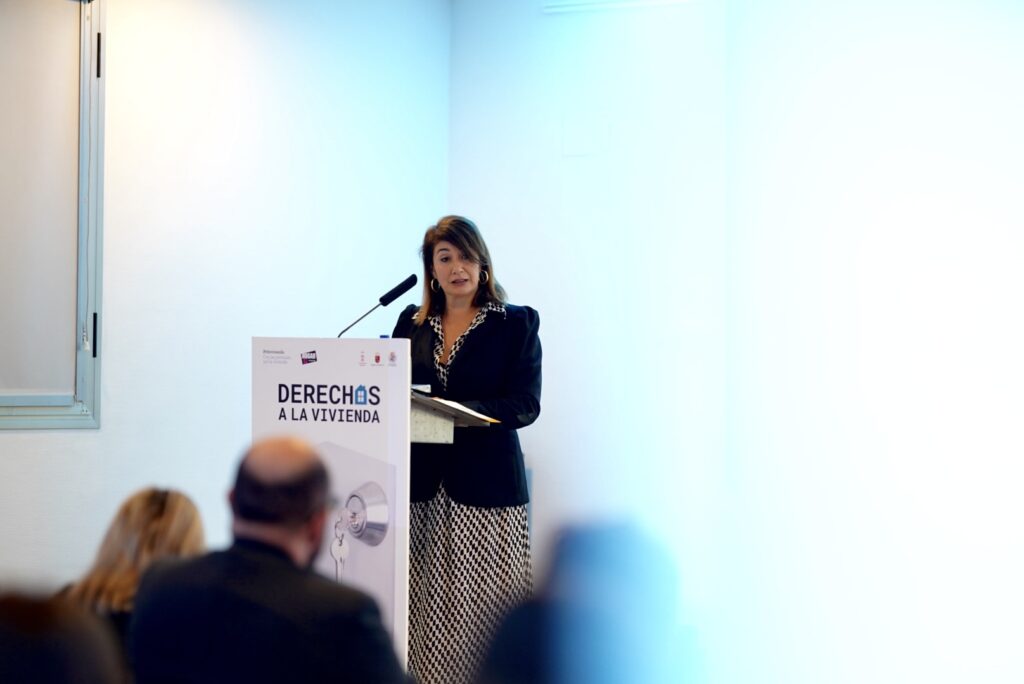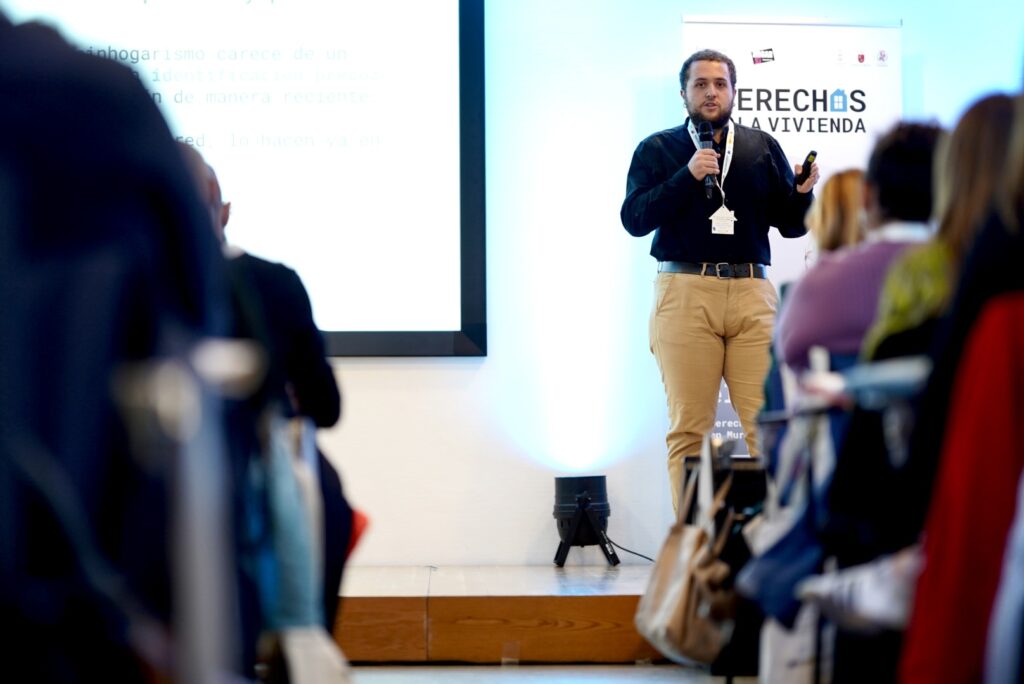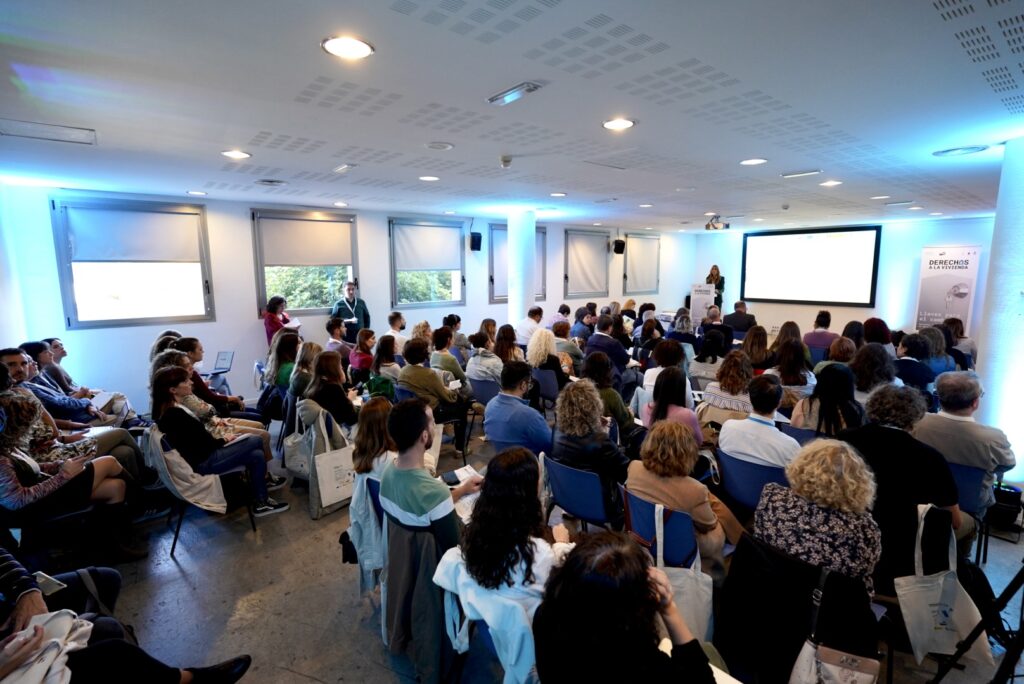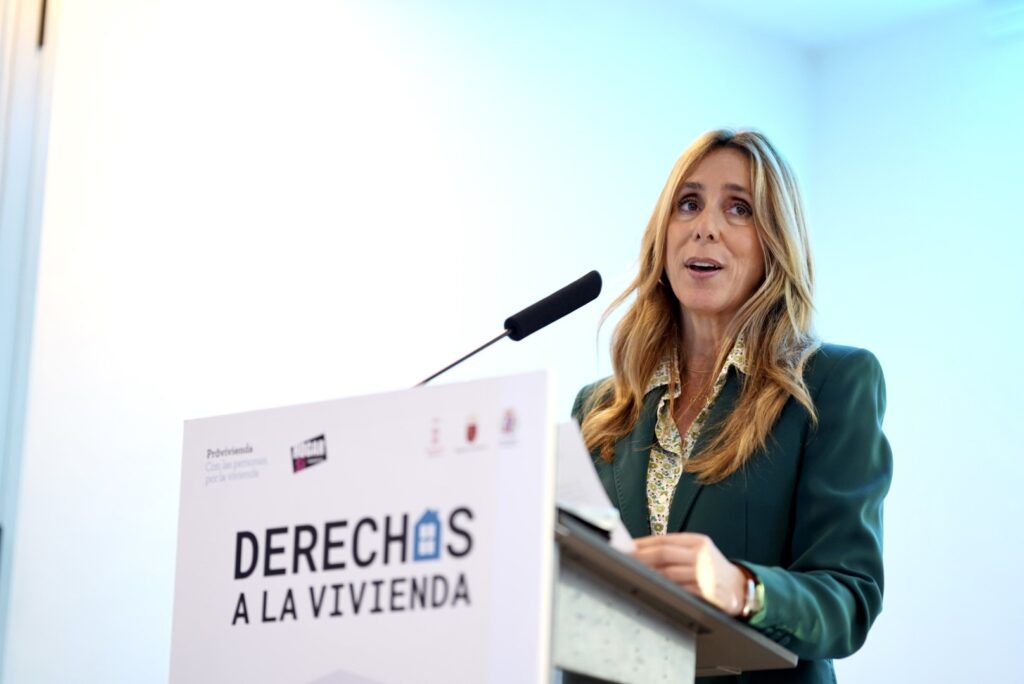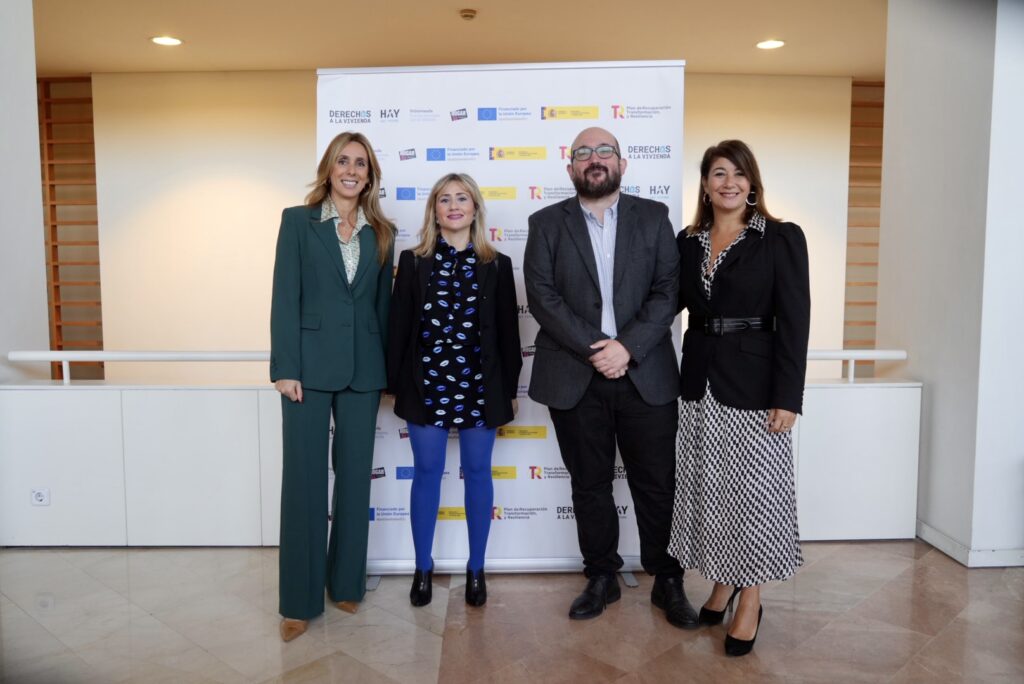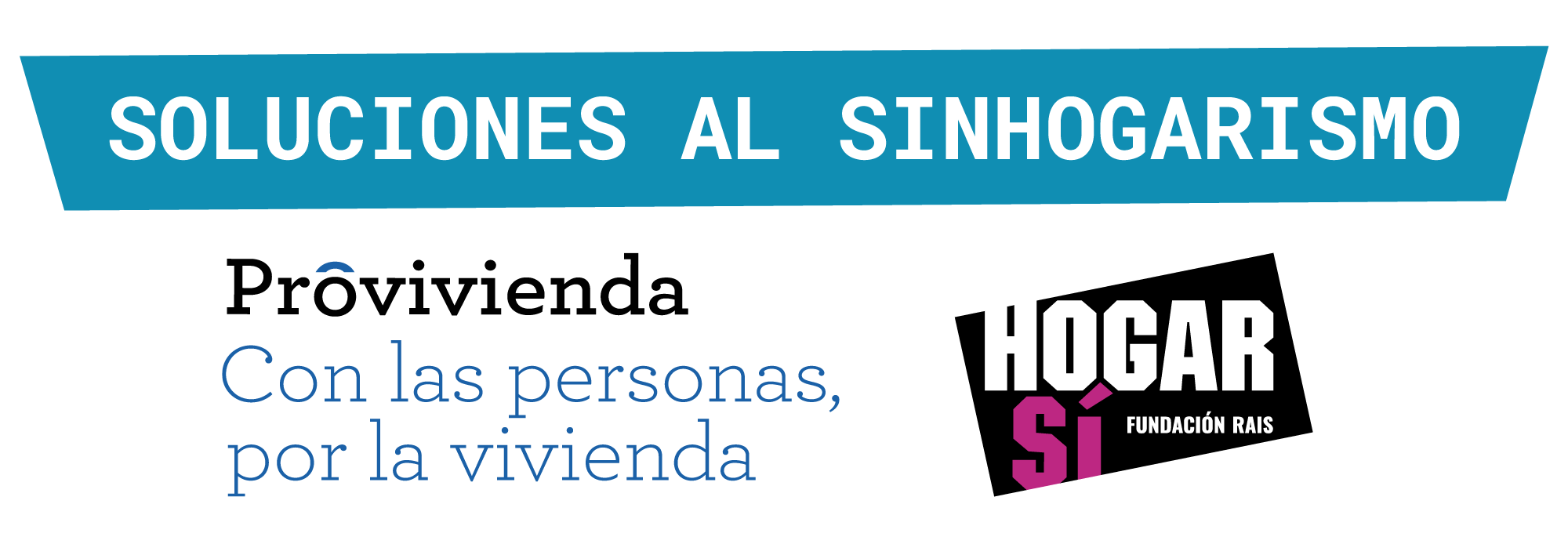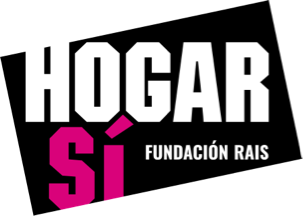Provivienda and HOGAR SÍ have presented this morning the conference "Keys for Change: Housing Rights in Murcia", with the collaboration of the City of Cartagena, Murcia City Council and the Region of Murcia.
The event took place on the occasion of the presentation of the learning and knowledge generated through the pilot project of social innovation "Housing Rights", which has been developed since 2022 in Murcia, thanks to the financing of the Next Generation EU funds through the Plan for Recovery, Transformation and Resilience of the Ministry of Social Rights, Consumption and Agenda 2030, and with the participation of 12 regional and local public administrations.
The meeting was welcomed by Pilar Torres Diez, Councilor Delegate of Social Welfare, Family and Health of the City of Murcia; and Maria Cristina Mora, Councilor of Social Policy, Equality and Family of the City of Cartagena. In addition, María José de Maya García, Director General of Social Services, Third Sector and Diversity Management of the Region of Murcia has intervened in the closing of the day.
During the day, the main results and lessons learned from the project were presented by the Fresno consulting firm. In addition, two round tables were held on the lessons learned from the projects for the transformation of the system towards autonomy and community life; and proposals from public policies for the change of the system of care for homelessness. Among the speakers were representatives of the public administrations of Murcia and Cartagena; as well as, responsible and specialists in the field of Provivienda and HOGAR SÍ.
Main results in Murcia
In total, 20 people have participated in "Housing Rights" in Murcia. The project, in addition to providing a residential solution, has offered homeless people the opportunity to work on their life project, access public and community services and have social support and professional accompaniment.
60% of the people who were part of the deinstitutionalization line, those who resided in institutions of the traditional network of care for homelessness, have left the project autonomously. While 80% of the people in the early care line, those who have been homeless for less than 6 months, have left the project independently. These data show that a rapid response obtains better results.
Although the final evaluation of the project at the national level will be presented on December 3 and 4 in Madrid, some of the results of the project have already been shared in the Andalusian capital, such as the fact thathaving personalized and flexible support led by the individual is a fundamental tool for dealing with homelessness.
Another fundamental learning has been to see how the power of choice empowers people and to demonstrate that they all have the capacity to freely choose their own path. The important thing is that they recover their life project and leave the system of homelessness, understanding it as a temporary situation.
Provivienda and HOGAR SÍ have been developing the Housing First model in Spain since 2017, and both organizations work in alliance to ensure thatdecent and adequate housing is the starting point for the recovery of the rights of peopleexperiencing homelessness.
For the organizations, projects such as "Housing Rights" show that when resources are mobilized and there is a will to innovate, great results can be achieved, and they encourage public administrations to convert these lessons learned into public policies that are consolidated within the portfolio of services offered by the homelessness care system.

